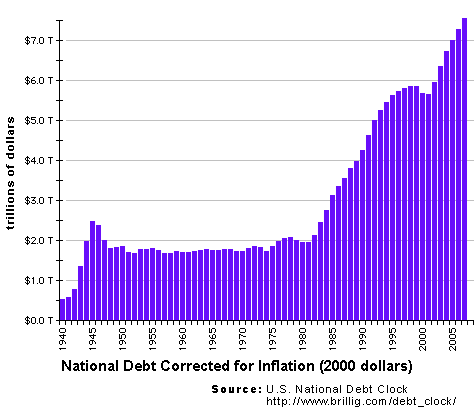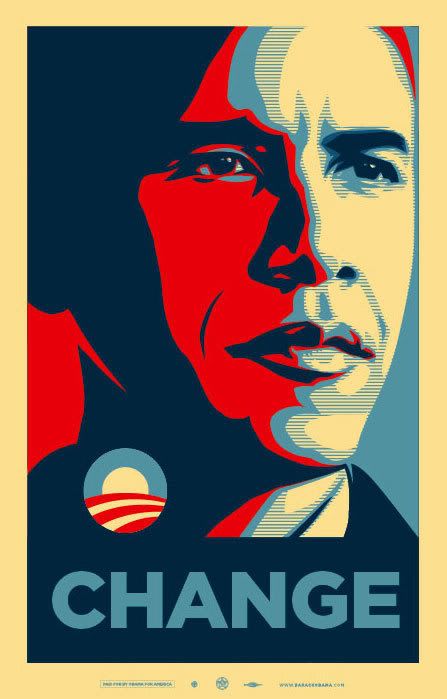The Biggest Crisis in America Today: The National Debt
Now that we’ve elected a new president and the bailout bill has been passed, the attention of many political commentators and economists has refocused on what is arguably the biggest problem that America is facing today: the national debt, which recently topped 10 trillion dollars.
A documentary released on Friday, called “I.O.U.S.A.” details the history of the national debt and how we have come to a point where there doesn’t seem to be any end in sight for the deficit.
Today, the National Debt as a percentage of the Gross National Product has reached a level that we haven’t seen for 50 years. The last time the debt reached this level, we were recovering from World War II. We’ve also seen a rise in dependency on foreign nations to carry our debt, something that is a particular concern to many, especially since it could start to have an effect on the way our foreign policy is carried out.

Even beyond National Debt as a Percent of the GDP, the debt in dollars alone, adjusted to reflect inflation, is now at an all time high, and the trend doesn’t look good for the future.

Even more disturbing is this graph, which shows that the National Debt has nearly doubled just under the Bush Administration.
 The fact that the National Debt has nearly doubly just during the time that the Bush Administration has been in power may explain some of the overwhelming support for Barack Obama this year, as many voters were looking at the bad state of the economy. Barack Obama will now have to face an incredible pressure to lower the National Debt, which will be no easy feat. We simply cannot maintain the same degree of low taxes while continuing to spend at the rate that we are. Programs will have to be drastically cut, or taxes will have to be raised, and neither option is likely to be popular with the public. The looming prospect of the retirement of massive amounts of Baby Boomers will likely also affect the way in which future presidents will have to deal with this problem. For now, the big question is: what immediate steps can be take to combat this problem before it’s out of control?
The fact that the National Debt has nearly doubly just during the time that the Bush Administration has been in power may explain some of the overwhelming support for Barack Obama this year, as many voters were looking at the bad state of the economy. Barack Obama will now have to face an incredible pressure to lower the National Debt, which will be no easy feat. We simply cannot maintain the same degree of low taxes while continuing to spend at the rate that we are. Programs will have to be drastically cut, or taxes will have to be raised, and neither option is likely to be popular with the public. The looming prospect of the retirement of massive amounts of Baby Boomers will likely also affect the way in which future presidents will have to deal with this problem. For now, the big question is: what immediate steps can be take to combat this problem before it’s out of control?








